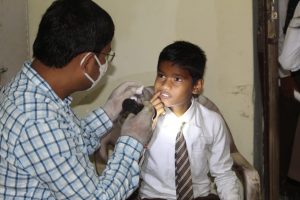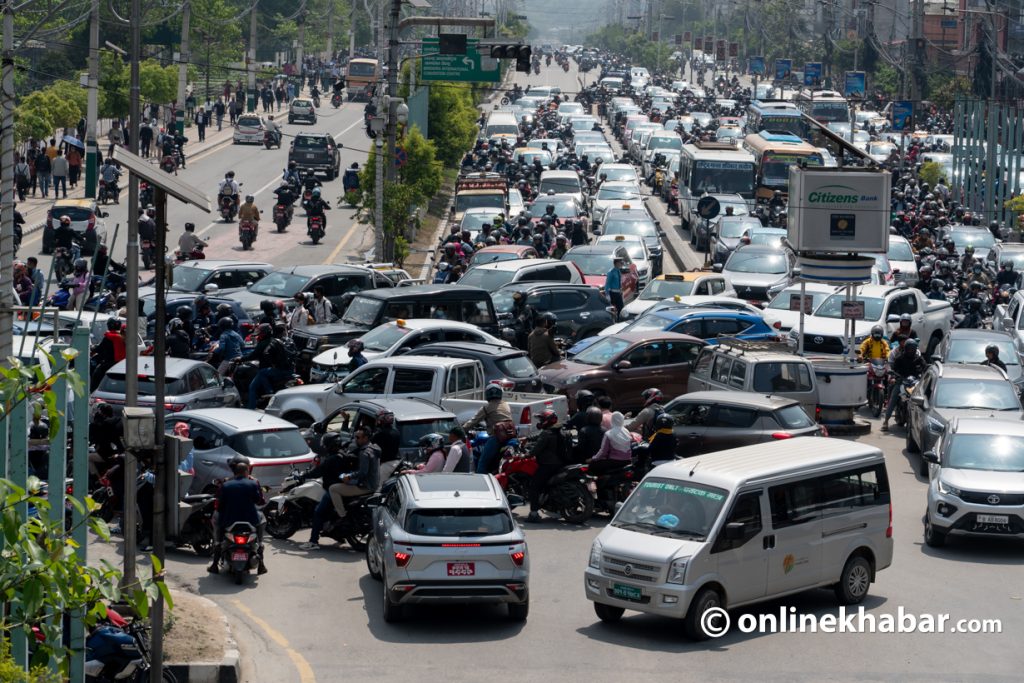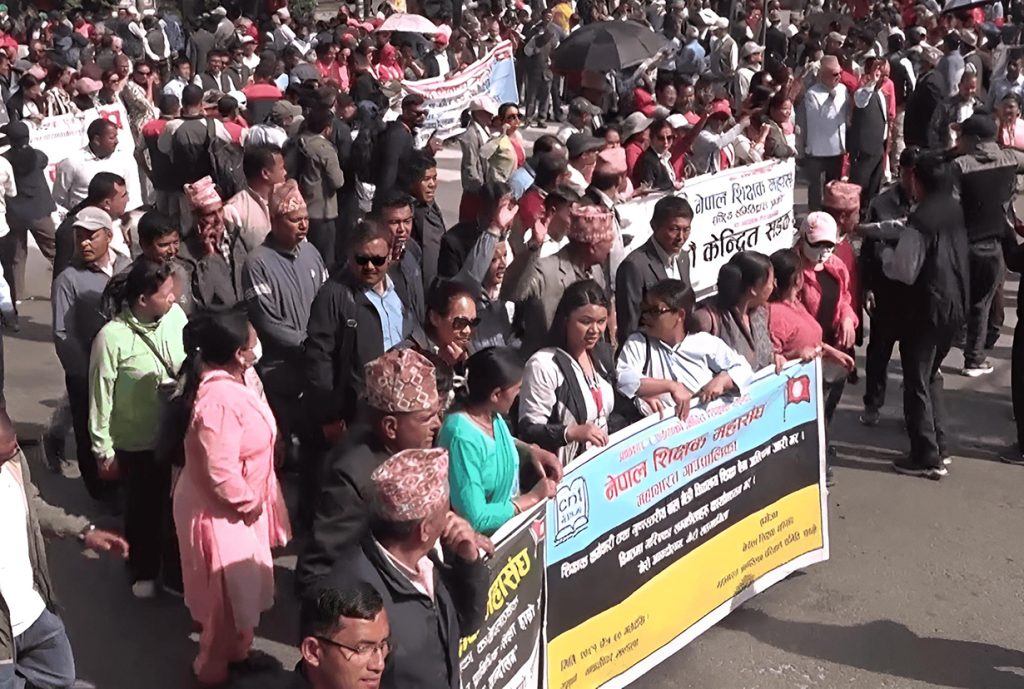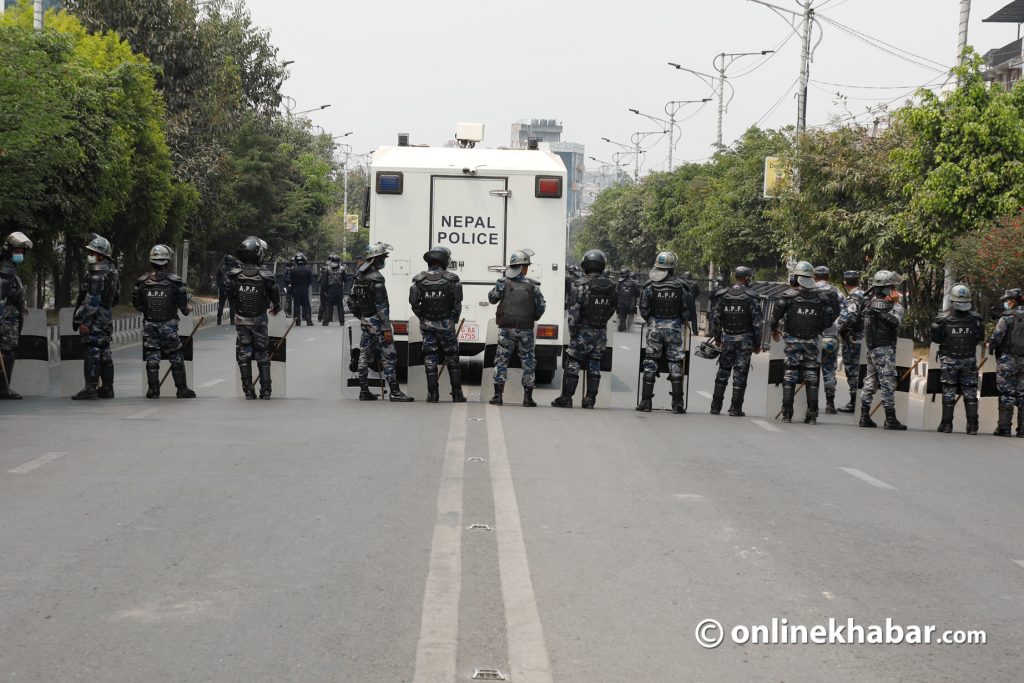Dental hygiene is often overlooked as an important component of overall health in Nepal, yet neglecting it can lead to a range of serious health problems. Due to various reasons, people in Nepal have reported high rates of tooth decay and gum disease.
Medical experts have reiterated that dental care services need to be prioritised for an overall healthy lifestyle and well-being. When oral health is ignored, one would need to spend more on restorative dental care.
But why is dental hygiene still neglected in Nepal? Here are some major reasons.
1. Lack of awareness

Some people know that oral health is important yet they continue to ignore it. However, many people in Nepal may still not be aware of the importance of good oral health let alone prioritise their dental hygiene in their lives. According to various studies, oral hygiene practices are inadequate among Nepali adults, with less than half of the adults surveyed brushing their teeth twice a day. This suggests that there may be a lack of awareness or understanding of the importance of good oral hygiene practices.
2. Limited resources

As a developing country, Nepal faces numerous competing health priorities, and oral health is given a different level of attention and funding than other health issues. According to the World Health Organization (WHO), Nepal’s health system currently faces several challenges, including limited resources, inadequate infrastructure, and shortages of skilled health workers. This can make it difficult to prioritise oral health services and allocate the necessary resources to address the issue, including awareness about regular dental hygiene.
3. Stigma

There may be a stigma associated with dental issues or seeking dental care in Nepal, which can lead to reluctance to talk about or address oral health concerns. A study found that many people in Nepal perceive dental problems as a personal failing, which can lead to shame and reluctance to seek treatment. This stigma may be particularly pronounced in rural areas, where traditional beliefs and practices may contribute to negative attitudes towards dental care.
4. Limited access to care

Access to dental care in Nepal is limited, particularly in rural areas. According to a report, there is a significant shortage of dentists and other oral health care providers in Nepal’s rural areas in particular. This can make it difficult for people to receive preventive care or seek treatment for oral health problems. Meanwhile, a lack of awareness about good dental hygiene continues to be detrimental as far as access to the services is concerned.
5. Expensive treatment

Dental care can be expensive, and not everyone in Nepal has access to affordable or comprehensive dental insurance. According to a study published, the cost of dental care is a significant barrier to accessing dental services in Nepal. In addition, the study found that many people in Nepal perceive dental care as unaffordable, and many choose to delay or avoid treatment due to cost concerns. Having said that, they are also continuing to ignore their dental hygiene in their daily lives.




















